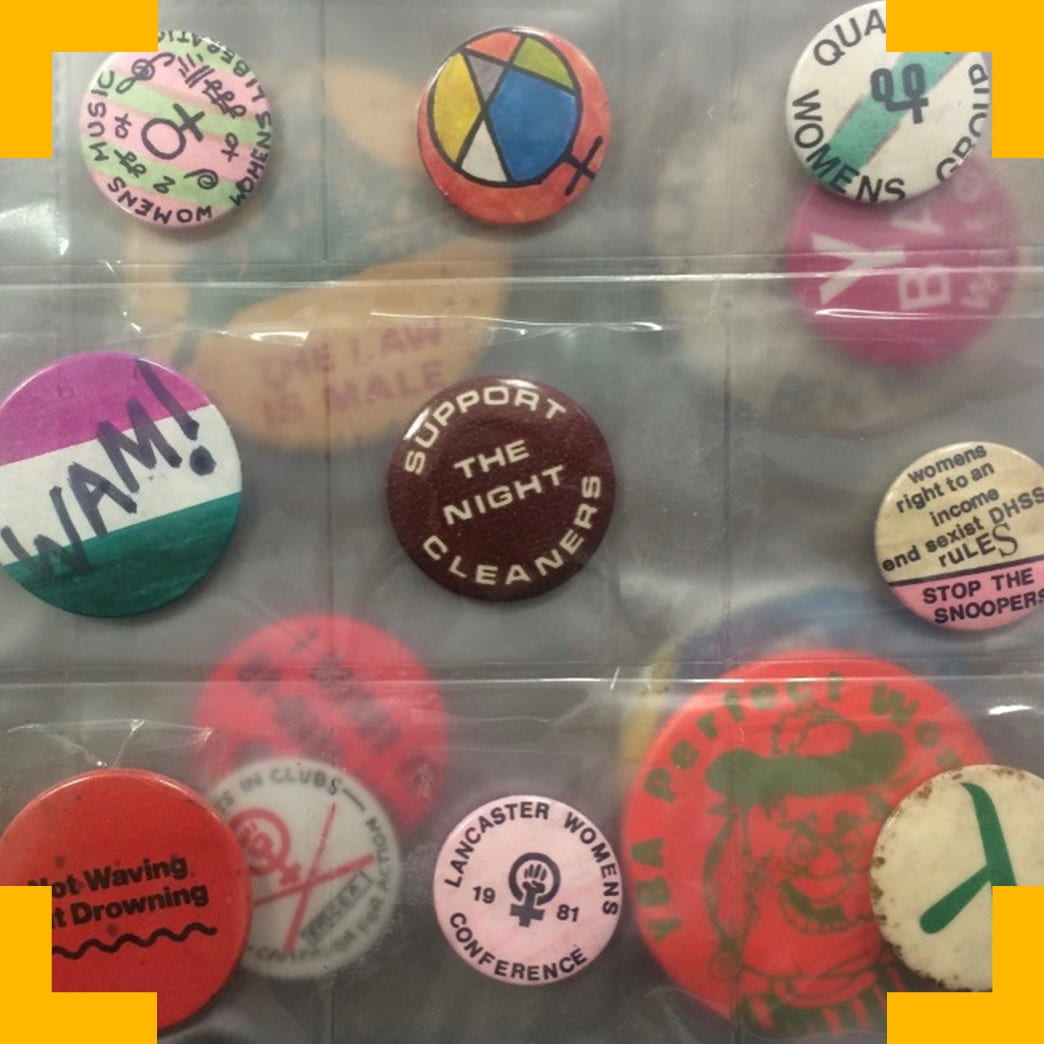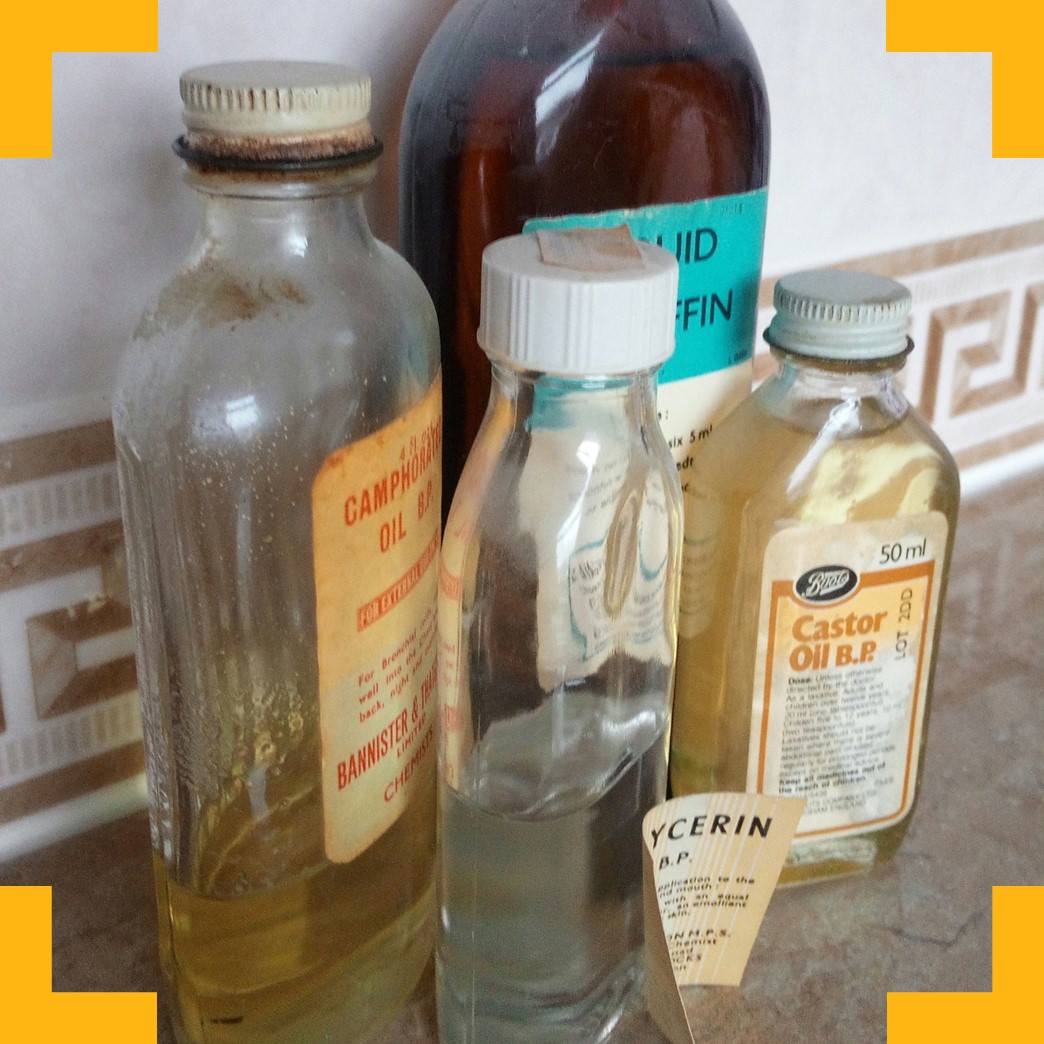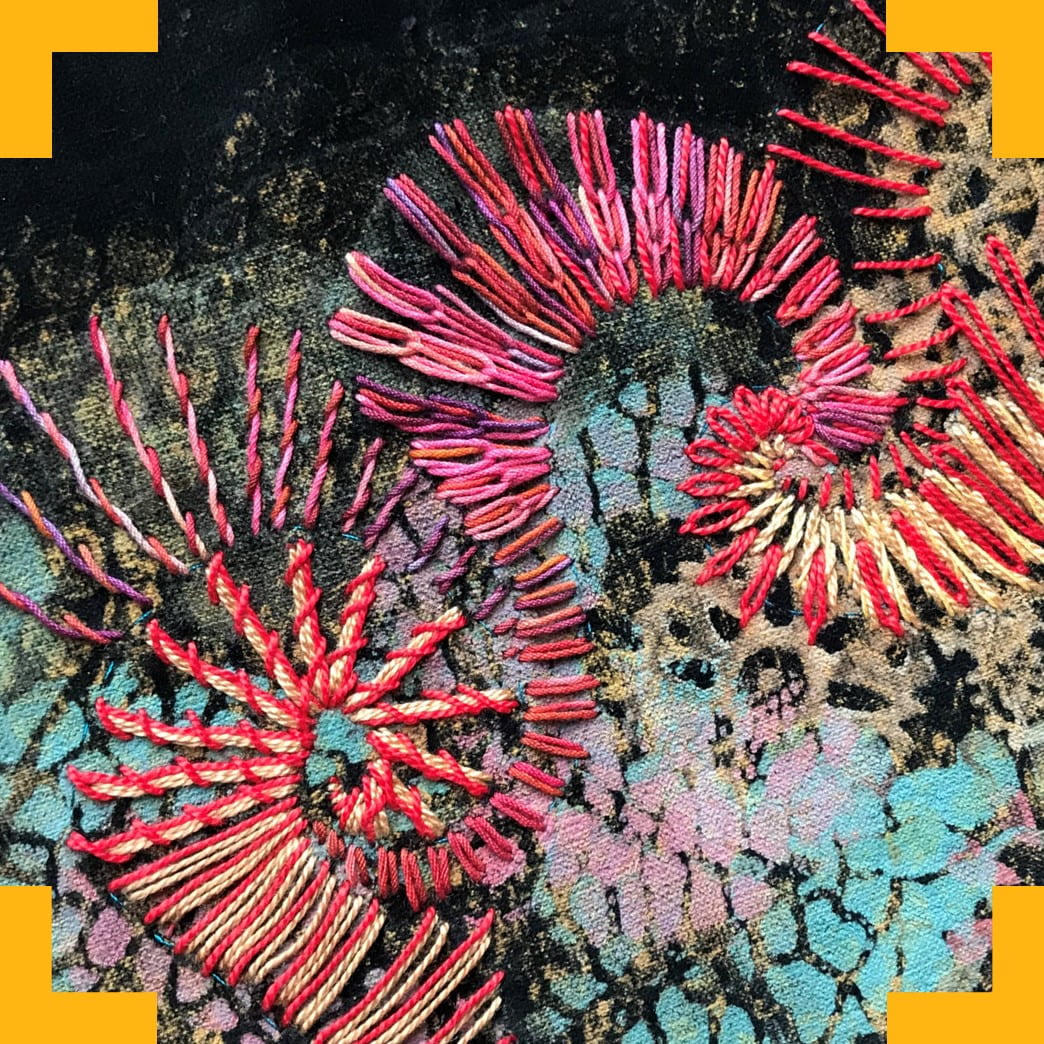-

What did the project involve?
This research is a project on self and collective care. It takes inspiration from the Women’s Liberation Movement and builds on their successful Ideas Exchange “What the Future Holds”. The team define collective care …

Brigstow brings researchers from different disciplines together with a range of partners across the city and beyond to experiment in new ways of living and being.








